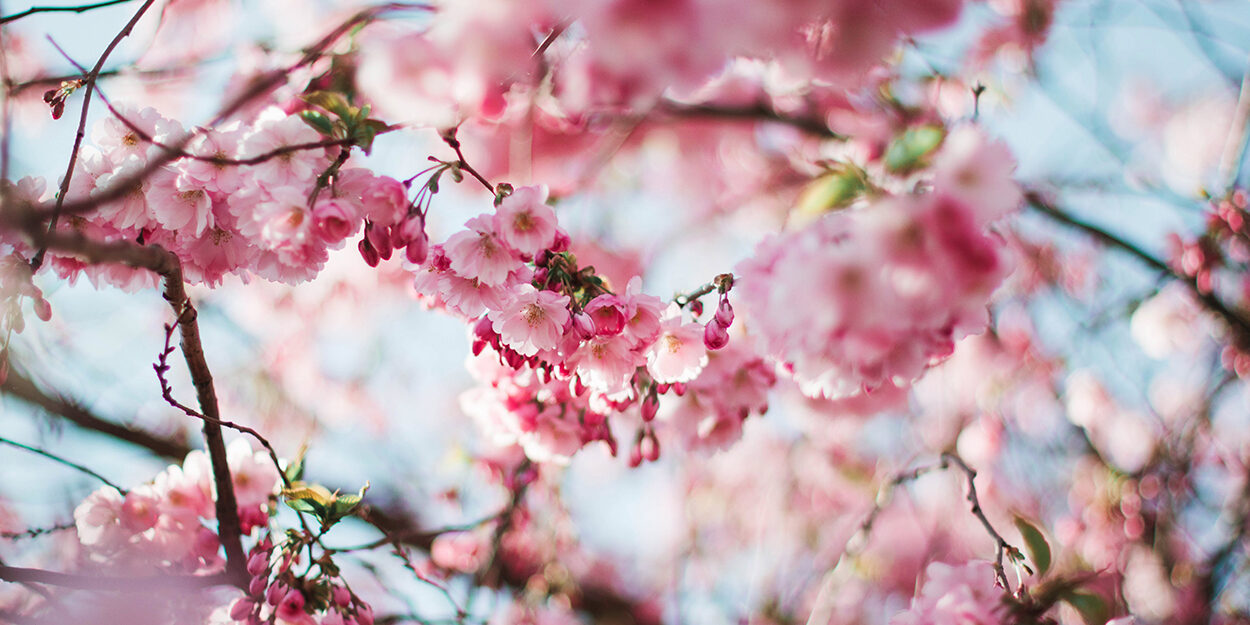Seasonal allergies, also known as hay fever or allergic rhinitis, are a common health issue affecting millions of people worldwide. These allergies are triggered by environmental allergens such as pollen, mold spores, and grass, and often lead to symptoms such as sneezing, congestion, itchy eyes, and fatigue. In this blog post, we will explore the causes, symptoms, management, and prevention of seasonal allergies, offering insights and tips for individuals affected by these unwelcome reactions to nature’s beauty.
Causes:
Seasonal allergies are primarily caused by exposure to airborne allergens, with pollen being the most common trigger. Trees, grasses, and weeds release tiny grains of pollen into the air, which can be inhaled and provoke an immune system response in susceptible individuals. In addition to pollen, mold spores and outdoor fungi can also contribute to seasonal allergy symptoms, particularly in humid or damp environments.
Symptoms:
The symptoms of seasonal allergies can vary from mild to severe and may include sneezing, runny or congested nose, itchy or watery eyes, coughing, and fatigue. Some individuals may also experience exacerbation of asthma symptoms during allergy season. These symptoms can significantly affect quality of life, productivity, and overall wellbeing, particularly during peak pollen seasons.
Management:
Managing seasonal allergies involves a multi-faceted approach to minimizing exposure to allergens and alleviating symptoms. Over-the-counter antihistamines, decongestants, and nasal corticosteroids can help manage symptoms such as sneezing, itching, and congestion. Allergy shots (immunotherapy) may be recommended for individuals with severe allergies to desensitize the immune system to specific allergens over time.
Prevention:
Preventing seasonal allergy symptoms requires proactive measures to reduce exposure to airborne allergens. This may include staying indoors on high pollen count days, keeping windows closed during peak pollen seasons, using air purifiers with HEPA filters, and avoiding outdoor activities during early morning and evening when pollen counts are highest. Wearing sunglasses and a hat while outdoors can help reduce exposure to pollen in the eyes and hair.
Natural Remedies:
Some individuals seek relief from seasonal allergy symptoms through natural remedies such as saline nasal rinses, herbal supplements, and local honey. While these remedies may provide some relief for mild symptoms, it is important to consult with a healthcare professional before using natural remedies, especially if other medical conditions or medications are involved.
Lifestyle modifications:
Making lifestyle changes such as regular vacuuming, dusting, and washing bedding in hot water can help reduce indoor allergens. Nasal irrigation with saline solution is also a beneficial practice for clearing nasal passages and reducing allergen exposure.
Seeking Medical Advice:
For individuals with severe or persistent seasonal allergy symptoms, it is important to seek medical advice from an allergist or immunologist. Allergy testing can help identify specific allergens that trigger symptoms, allowing for targeted treatment and management strategies.
In conclusion, seasonal allergies are a common health issue that can significantly impact individuals’ daily lives during specific times of the year. Understanding the causes, symptoms, management, and prevention of seasonal allergies is crucial for improving quality of life for those affected. By implementing proactive measures to minimize exposure to allergens and seeking appropriate medical advice, individuals can better manage seasonal allergy symptoms and enjoy the beauty of the changing seasons with greater comfort and well-being.
It is important to note that the NOMOSIK therapy has not been evaluated by the FDA and is not intended to diagnose, treat, prevent or cure any disease. It specifically tests and treats for neuro-physiological imbalances in the body. Please see reviews of the amazing recoveries patients have noted with their illness and allergies following treatment of these imbalances. These treatments do not constitute the practice of medicine and are intended solely for the purpose of addressing muskulo-skelital conditions through alternative therapeutic means.

